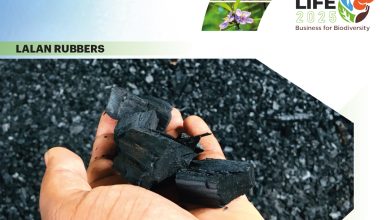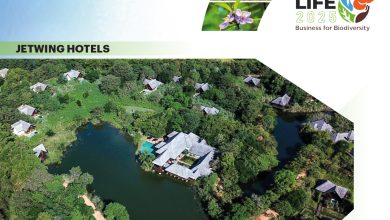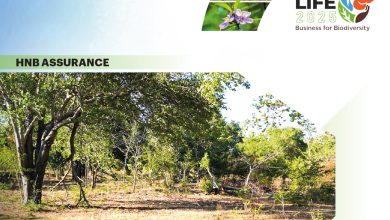LALAN RUBBERS
Biodiversity Means Business:
A Decade of Impact,
A Future of Action
Despite initial costs, focussing on long-term environmental and financial outcomes can turn sustainability into strategy
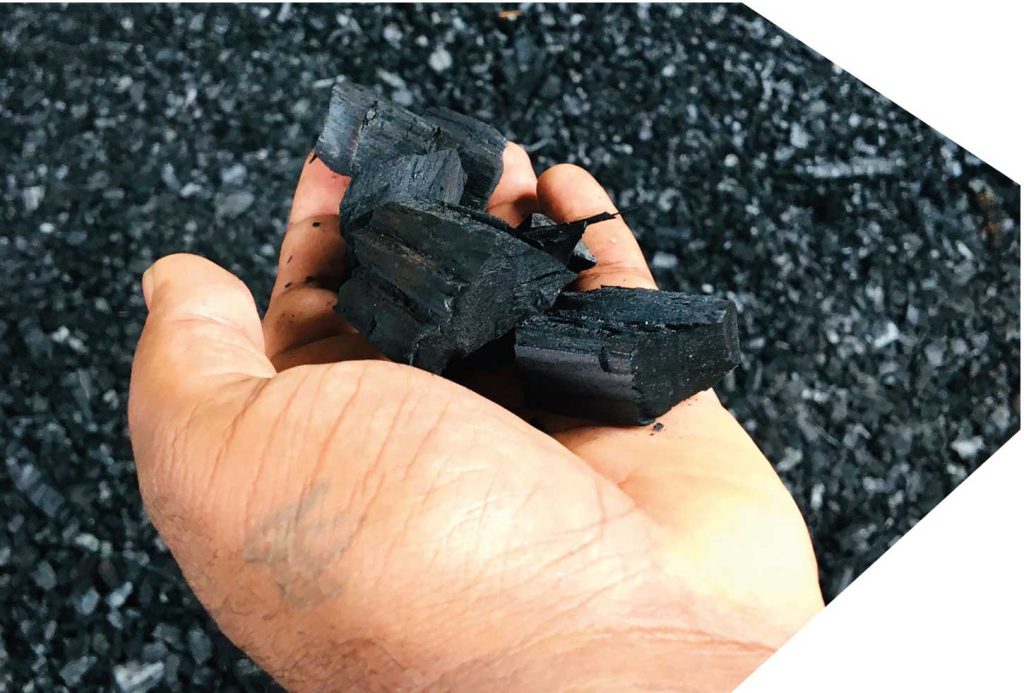
At Lalan Rubbers, sustainability is more than a responsibility – it’s a strategy rooted in science and innovation. The company’s decision to join Biodiversity Sri Lanka (BSL) was a natural extension of its commitment to environmental stewardship and its desire to stay at the forefront of biodiversity conservation.
“The invitation to join BSL came at a pivotal time when we were actively seeking avenues to enhance our corporate responsibility. Through our membership, we’ve gained access to best practices, technical expertise and a strong network of stakeholders dedicated to biodiversity,” explains Director – Agricultural Prof. Asoka Nugawela.
By participating in awareness sessions and technical forums hosted by BSL, Lalan Rubbers has been able to stay current with emerging environmental challenges and integrate biodiversity into its operations more effectively.
Nugawela notes: “Collaborating with BSL has helped us align with national priorities and better understand how to mainstream biodiversity into our business practices.”

BIOCHAR PROJECT Among the company’s flagship biodiversity initiatives is the Biochar Project – a climate focussed effort that transforms rubber biomass into a powerful agent for carbon sequestration, soil health and emissions reduction.
“Our Biochar Project aims to combat climate change by using biochar – produced from rubber biomass – and mixing it with compost to improve soil health and store carbon,” Nugawela explains.
Conducted across estates in the Deraniyagala and Dehiowita regions including Udabage Estate, the project is carried out in collaboration with Planboo, a carbon offsetting expert.
The initiative addresses key environmental challenges including soil degradation and greenhouse gas (GHG) emissions while also contributing to sustainable agriculture and carbon credit generation. Thus far, biochar has been applied to over 354 hectares of land with measurable improvements in fertility and moisture conservation.
Alongside this, Lalan has preserved almost 900 hectares of forest, of which 250 hectares are designated as high conservation value (HCV) forests. Stream buffer zones have been maintained to support water quality and ecosystem protection.
A biodiversity assessment by Prof. Devaka Weerakoon in 2020/21 recorded 954 species on site including the critically endangered flint’s cruiser dragonfly (Macromia flinti) – a discovery that underscores the ecological value of the company’s estates and their role in preserving riverine habitats.
RESULTS AND RECOGNITION “Our pilot project has already reduced C02 emissions and generated 181 carbon credits aligned with international sustainability standards,” says Nugawela. Lalan is now planning a dedicated research study to determine whether the use of biochar has led to improved crop yields and reduced dependence on chemical fertilisers, potentially leading to long-term cost savings.
He adds: “This project has reinforced our position as a responsible, environmentally conscious company.” It has also enhanced Lalan’s brand reputation in international markets especially through its ability to trade carbon credits while aligning with the UN Sustainable Development Goals (SDGs).
The initiative has also engaged local communities and employees. “We’ve conducted regular consultations and maintained transparency, which has fostered trust and encouraged active collaboration,” Nugawela says.
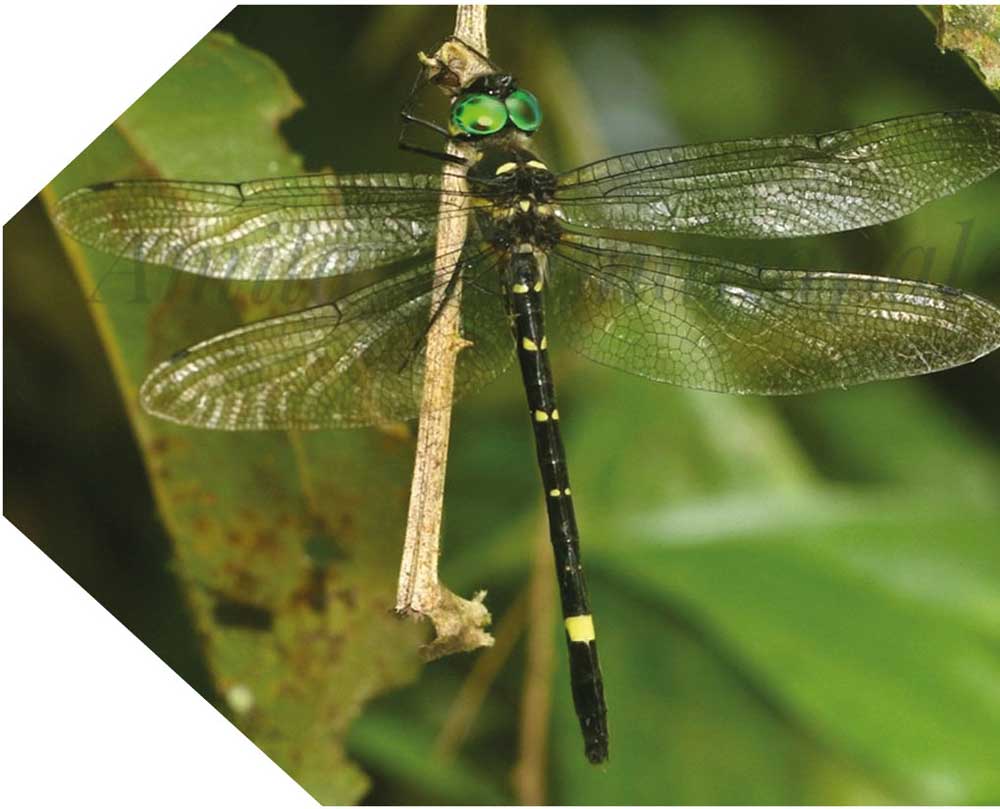
OVERCOMING HURDLES A main challenge was the opportunity cost of using rubber biomass, which is traditionally used for fuelwood or timber, for biochar instead. He explains: “To justify this shift, we conducted a cost-benefit analysis and focussed on the long-term value – carbon credits, soil health and emissions reduction.”
Lalan also minimised costs by using existing infrastructure and equipment, increasing efficiency while reducing waste. Partnering with Planboo enabled market access for carbon credits, making the project financially viable.
“A key lesson is that sustainability projects may require upfront investment but the long-term benefits – reduced operating costs, improved productivity and stronger brand equity – are worth it,” Nugawela reflects. An unexpected benefit was the improvement in crop yields and fertiliser efficiency, further validating biochar’s role in regenerative agriculture.
His message to other businesses is clear: “Despite initial costs, focussing on long-term environmental and financial outcomes can turn sustainability into strategy.”
Telephone 2744555 | Email lalanagri@lalanrubber.com | Website www.lalanrubbers.com


